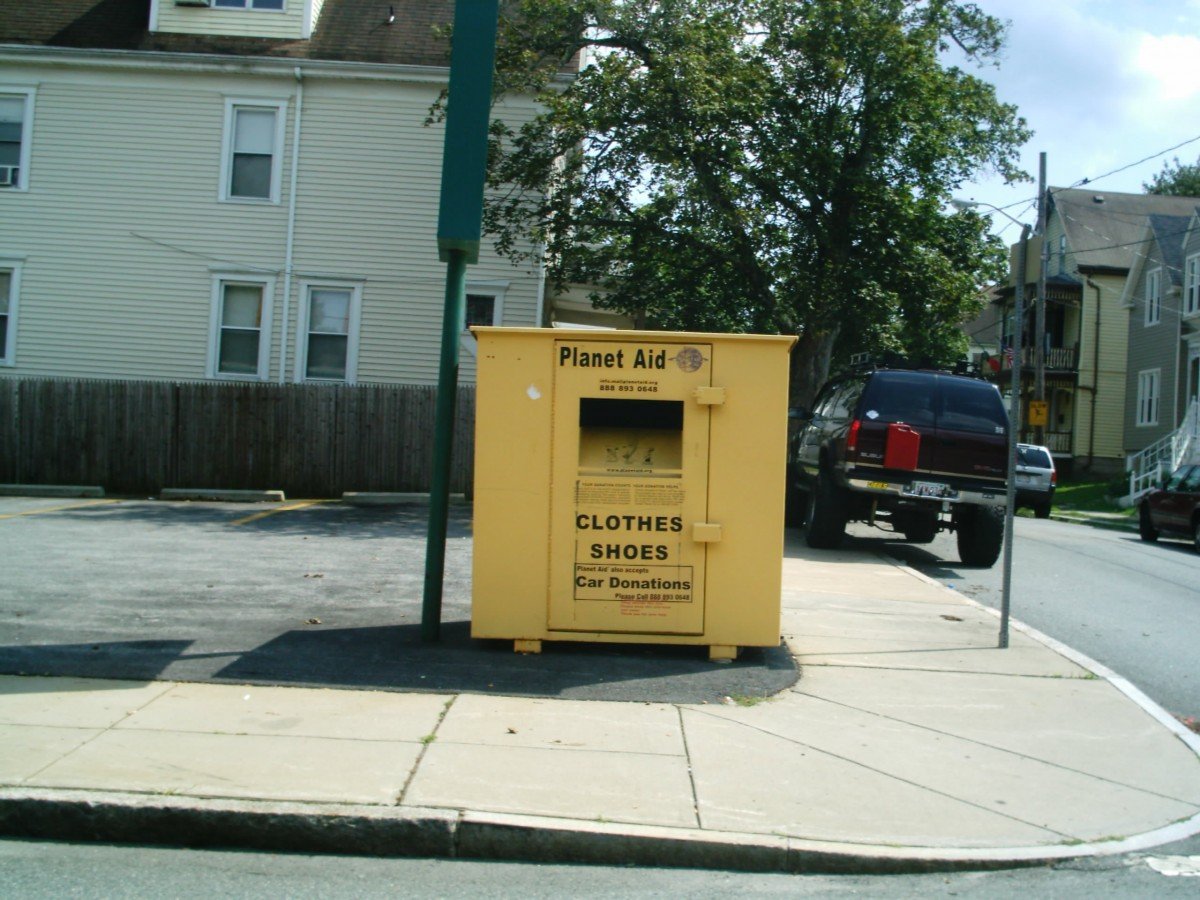There is a belief that charities exist to help needy people. It is also widely believed the desire to address needs is the main criterion used in choosing charitable beneficiaries. However, studies reveal that people do not contribute towards their most urgent needs; instead they seek to support causes that are meaningful to them. The criteria that influence the donors decision making process includes:
- Donors’ preferences, passions and tastes
The preference, passions and tastes are acquired over time because of the social experiences of an individual; these help to motivate many of the donors to give towards particular charities that meet their needs. Considering charity work is voluntary in nature, philanthropy and giving is supply led as opposed to demand driven. Therefore, the freedom of distributing as one wants and to whom one chooses distinguishes between charity and paying tax.
- Donors’ professional and personal backgrounds
Professional and personal backgrounds help to shape the donors philanthropic autobiographies as well as influence the choice of beneficiaries. Therefore, a doctor will most likely contribute towards charities that deal with health concerns. On the other hand a lawyer will seek to support charities that champion the rights of the minority, poor, etc.
- The perception of the donor towards the competence of the charity
Notably, the efficiency the donor perceives towards a given charity will determine how much they seek to engage the charity. Making a judgment on the competence of donations used will often be judged on the premise of the quantity and quality of the work done.
Planet Aid has played an important role in helping millions of needy people. In Africa, the charity has worked with partners in Zimbabwe, Zambia, South Africa, Namibia, Mozambique, Malawi, Democratic Republic of Congo, Botswana and Angola. The Planet Aid Drop Box located strategically in the US has been used to collect shoes and clothing which are sold in order to support charity work. The Planet Aid Donation Box has played an important role in fighting poverty by supporting income generation programs, food production and education.
- Donors desire to make a personal impact
People will normally seek to contribute to charities that are expected to make a difference in the community. This explains why the majority of the donors seek to contribute to charities that work in their immediate environment. Therefore, they are able to keep track of the changes generated by the organization.
Making the decision concerning which charity to support is an important consideration that offers significant consequences for the donors, wider society, recipients and non-recipients. Therefore, greater insight into the motivations and meanings of the donors should go a long way in increasing the understanding the distribution of donations, providing guidance to factors that might cause changes to those patterns.

